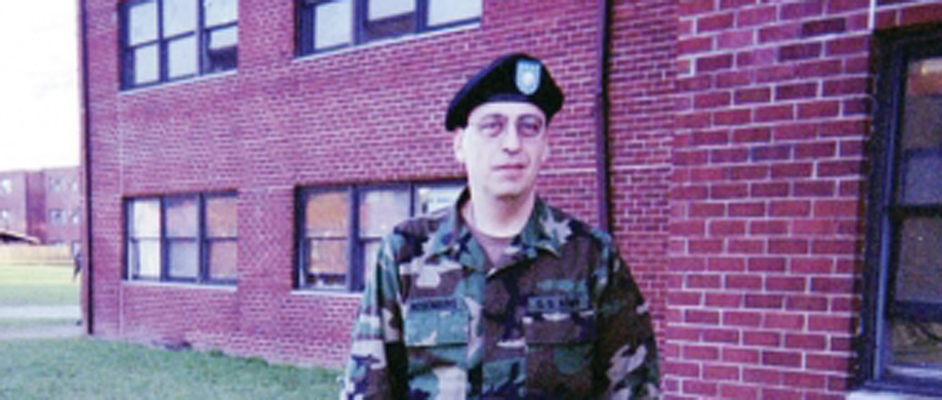As I was writing this column on Veterans Day, I was moved to reflect broadly on the effects of war on military surgeons in general and one military surgeon in particular. Many key developments in health care have their origins in wartime where the treatment of injured troops has driven innovation throughout history. From the development of the ligature, or suture, in 1537 by Ambroise Paré during the Siege of Turin, to the refinement of diagnostic ultrasound in World War II, to the modern practice of helicopter evacuation of trauma victims to the site of emergency treatment, care of our soldiers has led directly to improvement in care of all of our peoples. By the time of the war in Afghanistan, American and British medics saved more than 90 percent of soldiers who were injured.
As for myself, I was inspired to join the U.S. Army Reserve Medical Corps when I was a resident surgeon at Columbia University. The hospital’s chief of plastic surgery at that time was Dr. Norman Hugo, who later served as president of the American Society of Plastic and Reconstructive Surgeons. After attending his lecture where he showed us before and after pictures of soldiers he had operated upon at the Walter Reed Army Medical Center during the Vietnam War, I was inspired both to become a plastic surgeon and join the Army Reserves. After years of training, my own chance to serve came in 2003.
Two days before the war in Iraq began, and 10 days before I was due to leave, I received a phone call from the duty sergeant in my unit, the 4219th United States Army Hospital, informing me that my services were required by the Army. “The call” came in the middle of my office hours, and in fact the patient I had just seen was booking her surgery with my office manager on a date that would be right in the middle of my service. I was somewhat apprehensive about explaining to a new patient that I was canceling her surgery five minutes after she scheduled it, but her reaction shocked me – in a good way. She would be the first of many patients, professional colleagues, friends and family members who were exceptionally supportive of my leaving for active duty. No matter what their feelings about the war itself, almost everyone I spoke to was understanding about my leaving (and putting them out), and most considered my mission of providing top level care to our soldiers to be extremely important and necessary. I have always believed that there is no situation that would justify sending our soldiers into harm’s way without an excellent health-care system in place.
On March 20, 2003, I took my two duffel bags and went to Fort Dix, N.J., for preparatory training before beginning my work with our soldier-patients. Besides the daily running and exercise to get into shape, we received multiple vaccinations and lectures on topics ranging from security to the rules of war. It was also necessary to spend a great deal of time reviewing our procedures for handling potential victims of chemical and biological attacks. Despite the length of time we spent on this training, I am relieved that so little of it was necessary. After three weeks, we were cleared to go and were sent on to our service site, the Walter Reed Army Medical Center in Washington, D.C. Walter Reed is the tertiary care medical center at the heart of the North Atlantic Regional Medical Command, and our mission was to provide definitive care to our Army and Air Force soldiers returning from Central Command (Afghanistan and Iraq). We reservists joined our “regular” Army colleagues who hadn’t been deployed to Kuwait, Saudi Arabia, Bahrain or Germany.
Over the next four months, I was involved in more than 95 operations on soldiers returning from the war. When soldiers were brought in by air evacuation, the entire staff was tasked to mobilize all the members of the health care team that are necessary to get the soldiers whatever care they need within the first hours of their arrival. Whether it’s surgery, intensive care or rehabilitation as an outpatient, everything is geared to getting the soldier cared for as quickly as possible.
Thankfully, the number of soldiers brought to us was relatively small, and as soon as possible, they were sent back to facilities closer to their own homes. Although my time in service was not long, the bonds with colleagues who served with me and some of the patients we cared for remain until this day.
Please send any questions or comments to mrosenberg@nwhc.net.

